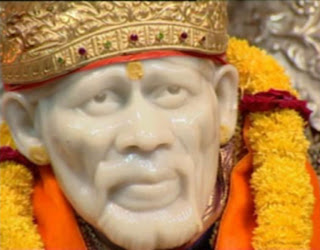Kindness
Many times in this world, we come across people who are insensitive and hurtful. Often we fail to understand the reason behind their way of life. The fact remains that embroiled in the rat race that appropriately epitomizes the human existence, man truly forgets the importance of kindness. At times being utterly self-centered and narcissistic, an individual ends up hurting those that truly care about him. Why does man end up being such a heartless person? Why can’t man extend a genuine feeling of kindness and empathy to those around him? These questions often torment the seeker as he steadily progresses on the spiritual path.
To understand the reason as to why man fails to imbibe the quality of kindness within himself, we would first have to understand what kindness truly means. Kindness is nothing but a feeling of mutual belonging and empathy towards your fellow brothers. Kindness is nothing but love for humanity. When a person learns to truly love every single individual irrespective of his vices, he truly imbibes the virtue of kindness within himself. Kindness gives you a sense of belonging; it gives you a great sense of understanding. Above all kindness endears you to God.
If one wishes to see instances of kindness, one need not look any farther than the saints that have walked this earth for long. These saints are great, realized souls, who have within themselves overflowing and insurmountable love for humanity. Their sense of belonging and empathy is so great that they can even feel the pain of a tree that is hacked mercilessly to the ground. Their love is so pure and unadulterated that it manifests itself in the form of a magnanimous gesture of kindness that envelopes the entire world within itself.
So why does man fail to imbibe this priceless trait within himself? What essentially makes him fall into a ceaseless cycle of self-centeredness? Well the answer to the aforementioned questions lie in the fact that every human being is essentially attached to his own identity. He is always aware of his own difficulties. The hardships that he faces through his life make him believe that indeed it is only he who is made to suffer so much. He is unaware of the fact that every other person who is trapped in this redundant and recursive existence is fighting the same battle; the battle for survival.
If a man was to realize this fact, he would indeed be more considerate and empathize with all that pass his way. If only a man was to realize that the grief and regret that he derives from life is the same as that of everyone else, he would indeed find solace in the fact that he is not all alone. Thus, therein, he would realize that his kindness, which imbibes in him a sense of belonging and goodwill, is indeed a great boon. I say that it is a great boon owing to the fact that kindness is always rewarded in kind. If you were to but empathize with a fellow human being, give him hope and say in simple words, “I am there for you”; you would indeed find that in your times of grief there would be someone, who would be there for you. Kindness has a habit of showing up at unexpected places; all you have to do is ensure that there remains enough kindness in the world; all you have to do is ensure that you remain kind-hearted; for that is the simplest way through which you can reach God’s holy kingdom.
Back to Articles.










